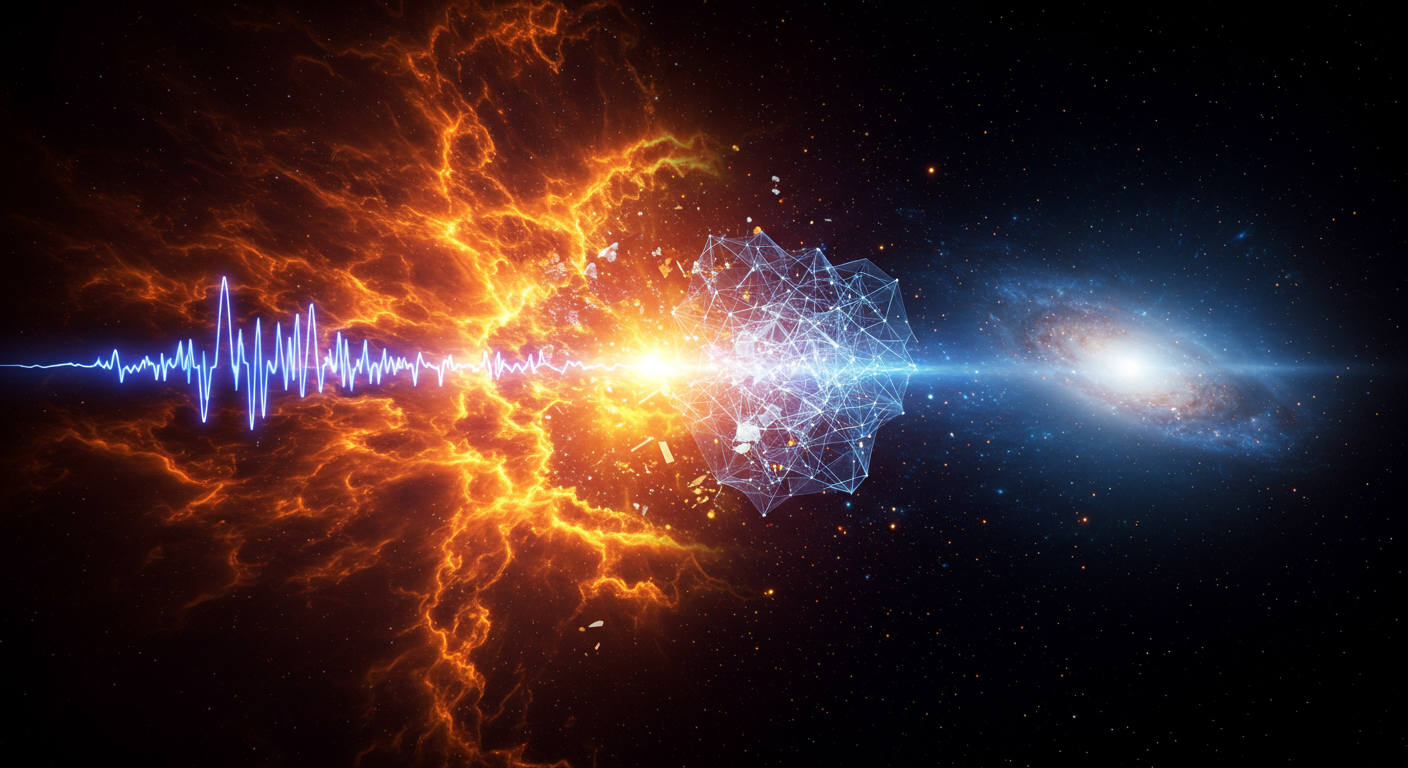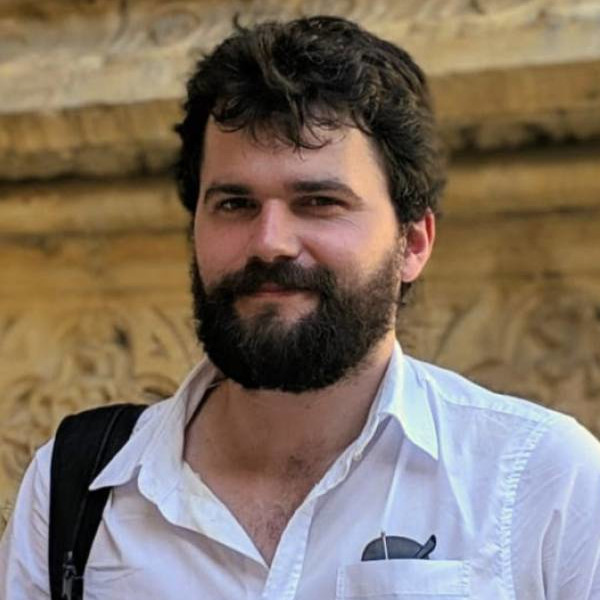Accounting for Noise and Singularities in Bayesian Calibration Methods for Global 21-cm Cosmology Experiments

In the quest to observe the Cosmic Dawn, global 21-cm cosmology experiments face a monumental challenge: detecting a faint cosmological signal buried beneath galactic foregrounds that are up to five orders of magnitude brighter. This vast dynamic range demands exceptionally precise instrument calibration to prevent systematic errors from mimicking or masking the true signal. A new paper from our group, 2412.14023, tackles this problem head-on, introducing a suite of robust Bayesian calibration techniques. The work was led by Christian J. Kirkham, in collaboration with Will Handley, Jiacong Zhu, Kaan Artuc, Ian Roque, Sam Leeney, Harry Bevins, Dominic J. Anstey, and Eloy de Lera Acedo.
The Challenge of Precise Calibration
Experiments like REACH (10.1038/s41550-022-01709-9) characterize their receiver’s response using the noise wave parameter (NWP) formalism. This involves measuring a set of known calibration sources to solve for the instrumental properties. However, existing Bayesian methods, such as the conjugate priors approach detailed in a previous group paper (10.1093/mnras/stab1453), have key limitations. They typically assume the noise level is the same across all calibration sources and struggle with mathematical singularities introduced by highly reflective calibrators, like open or short circuits. These issues can bias the calibration solution and compromise the integrity of the final scientific measurement.
Novel Bayesian Solutions
This paper introduces three novel methods to overcome these hurdles:
-
$\Gamma$-Weighted Conjugate Priors: This method elegantly resolves the singularity problem by weighting the core calibration equation by a factor of $(1 - \Gamma_\text{s} ^2)$. As highlighted by work like 10.1109/TMTT.2020.2977287, calibrators with high reflectivity ($ \Gamma_\text{s} \rightarrow 1$) introduce instability. This physically motivated weighting scheme naturally down-weights these problematic sources and, as a beneficial side effect, normalizes the noise across all calibrators, addressing both core issues simultaneously. - Marginalised Polynomial Method: For even greater flexibility, this fully Bayesian approach fits a separate noise parameter for each individual calibrator. It avoids complex and computationally expensive sampling of polynomial orders by analytically marginalizing over the polynomial coefficients, allowing the orders themselves to be sampled as parameters. This results in a more robust fit without being biased by high-noise sources.
- Marginalised Polynomial Method with a Physical Noise Model: Building on the second method, this approach incorporates a physically motivated, frequency-dependent model of the calibrator noise. This further refines the calibration by grounding the statistical model in the known physics of the instrument.
Results and Impact
When tested against a suite of simulated datasets and a real-world lab dataset, the new methods proved their worth. While all techniques performed well on idealized simulations, the three new approaches significantly outperformed the original conjugate priors method on the lab data, which included a highly reflective shorted load.
A key finding is that the new methods provide a more accurate fit for the noise wave parameters, particularly the effective temperature of the internal noise source ($T_\text{NS}$). An incorrect fit to $T_\text{NS}$ can artificially scale the amplitude of the noise—and by extension, the cosmological signal itself. The paper emphasizes that the goal is not merely to achieve the lowest possible residual noise, but to have residuals consistent with the theoretically expected noise floor. A solution with artificially low noise is often a sign of a biased fit. Our new methods successfully calibrate a validation source to within 5% of this theoretical noise limit, demonstrating their robustness.
By accounting for calibrator noise and mitigating singularities, this work provides a critical set of tools for 21-cm cosmology. These advancements enhance the reliability of instrumental calibration, paving the way for a confident detection of the faint signals from our cosmic origins.






Content generated by gemini-2.5-pro using this prompt.
Image generated by imagen-3.0-generate-002 using this prompt.